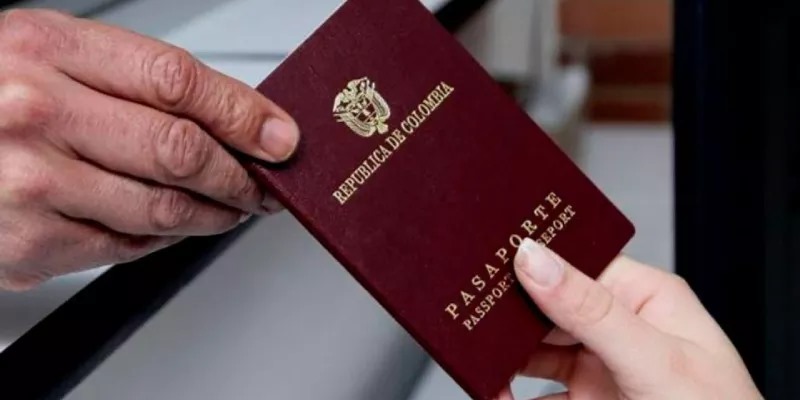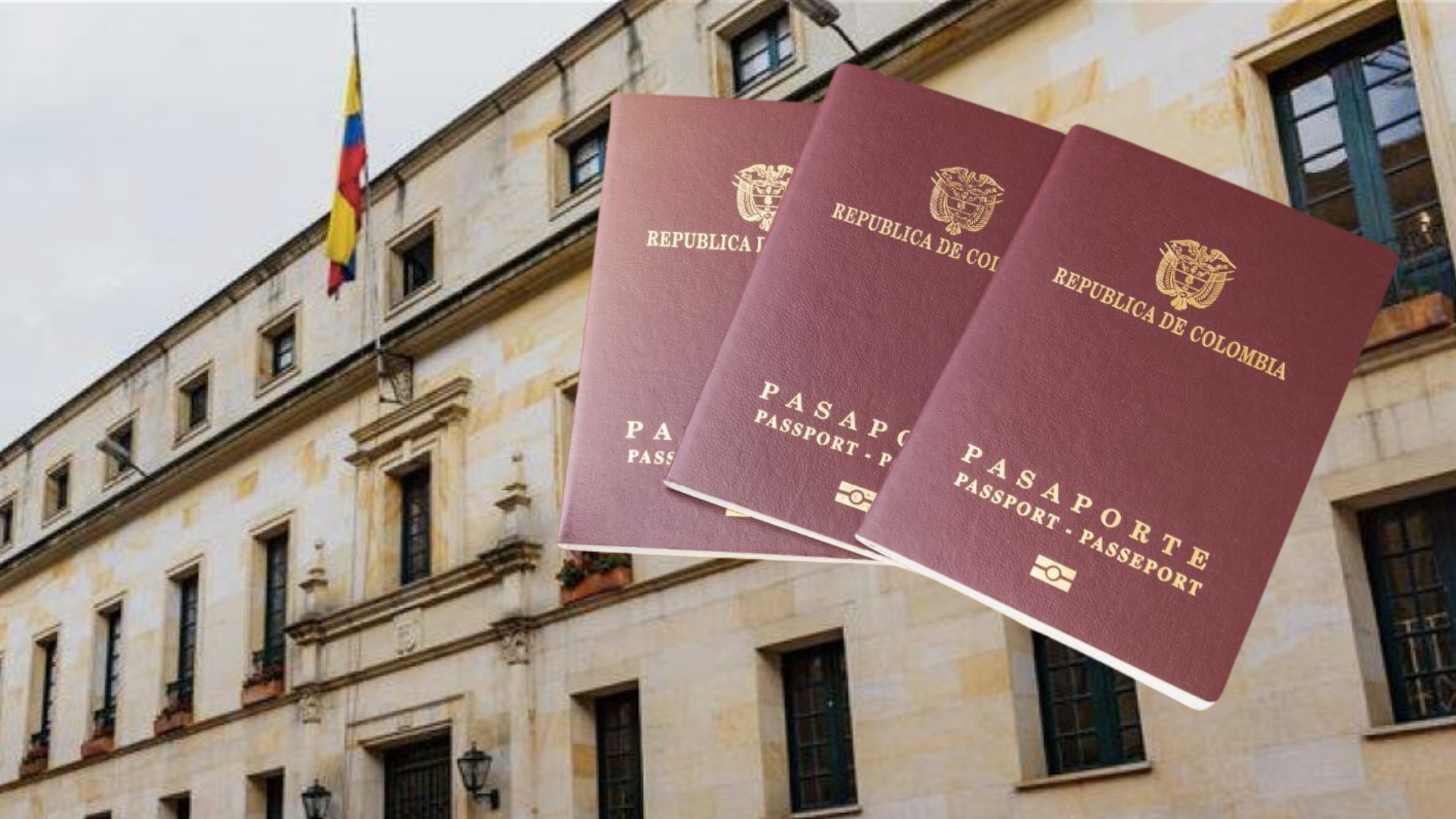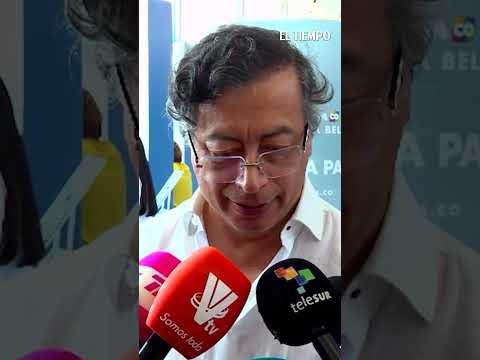The Ministry of the Interior publishes a draft decree authorizing the printing press to produce passports.

Following the announcement of President Gustavo Petro's decision to no longer extend the urgent requirement that allows for contracting the production of passports with the temporary union of which Thomas Greg & Sons is a member, the Ministry of the Interior published a draft decree authorizing the printing house to produce these documents.
The future decree expands on Article 5 of Law 109 of 1994, which establishes that "ministries, administrative departments, superintendencies, special administrative units, national public establishments, and legislative and judicial branch agencies are required to contract their publications and printed materials with the National Printing Office of Colombia."

Passports. Photo: Private archive
In this regard, the future decree clarifies that the entities mentioned in the previous article "must execute agreements and contracts with the National Printing Office of Colombia, in accordance with current contracting regulations." This 1994 law is developed in this regard. It clarifies the procedure that entities must follow to contract their printed matter and the steps to follow to seek alternatives in the event that the printing office cannot undertake the task.
However, the truly important aspect of this potential decree is that it specifies the types of documents the printing press can produce, including "foreigner identification documents and travel documents." These, according to the draft, are documents "for the purposes of identification, immigration control, the exercise of rights, and the fulfillment of duties, in accordance with domestic immigration regulations and current international standards."
In this regard, it is made clear that these documents include passports and foreign identity cards—a document currently produced by the printing house in a controversial agreement with the Colombian Immigration Office. This draft makes it clear that the purpose of this regulation is to enable the Printing House to produce passports, as President Gustavo Petro has intended.

Reference photo. Photo: EL TIEMPO
The decree's justification made it clear that the purpose of the decree is to enable the printing press to perform the function President Gustavo Petro seeks to assign to it, even using the argument of data sovereignty that the president used.
"Along these same lines, a legal framework was developed that includes the recognition of data and information as protected legal assets. Remember that data is a fundamental strategic asset that drives decision-making, innovation, and efficiency in all areas. Thus, data and information governance is a crucial component of modern society," the draft decree states.
Along the same lines, it was noted: "Thus, to guarantee the governance of its citizens' data, it is necessary to regulate the aforementioned Article 5 of Law 109 of 1994 so that Public Entities at the National Level in the three Branches of Public Power, turn to the National Printing Office of Colombia, for the preparation and customization of the documents they must issue so that the inhabitants of the territory can exercise their rights."

Petro asks Francia Márquez for "explanations." Photo:
Juan Sebastian Lombo Delgado
eltiempo





